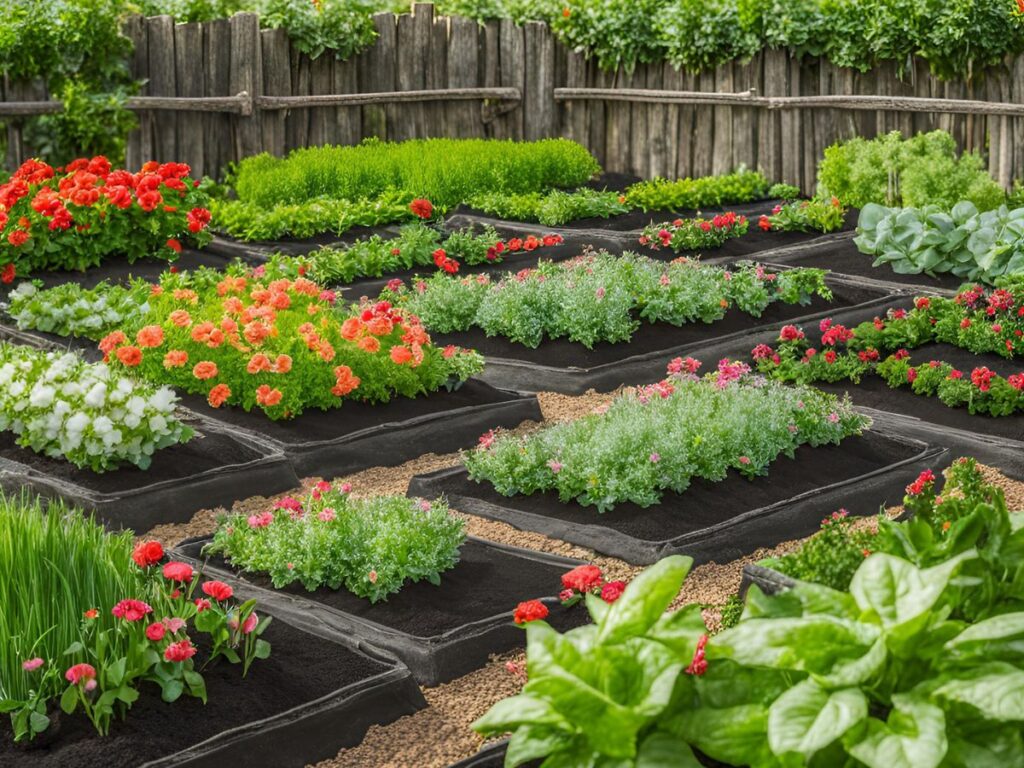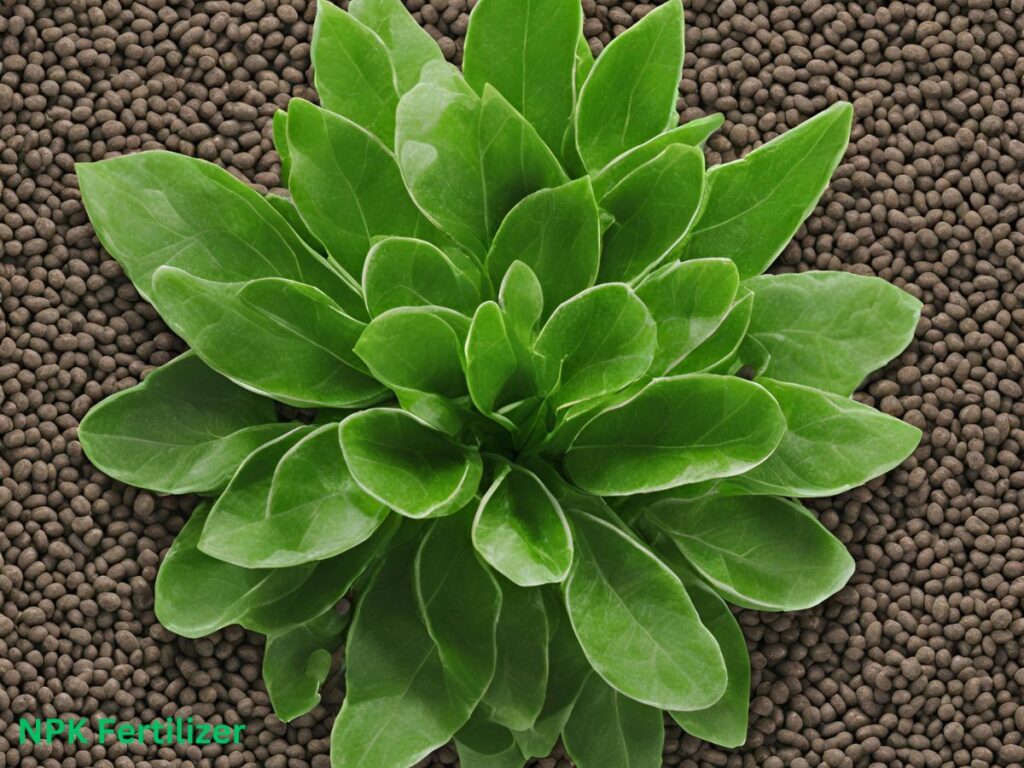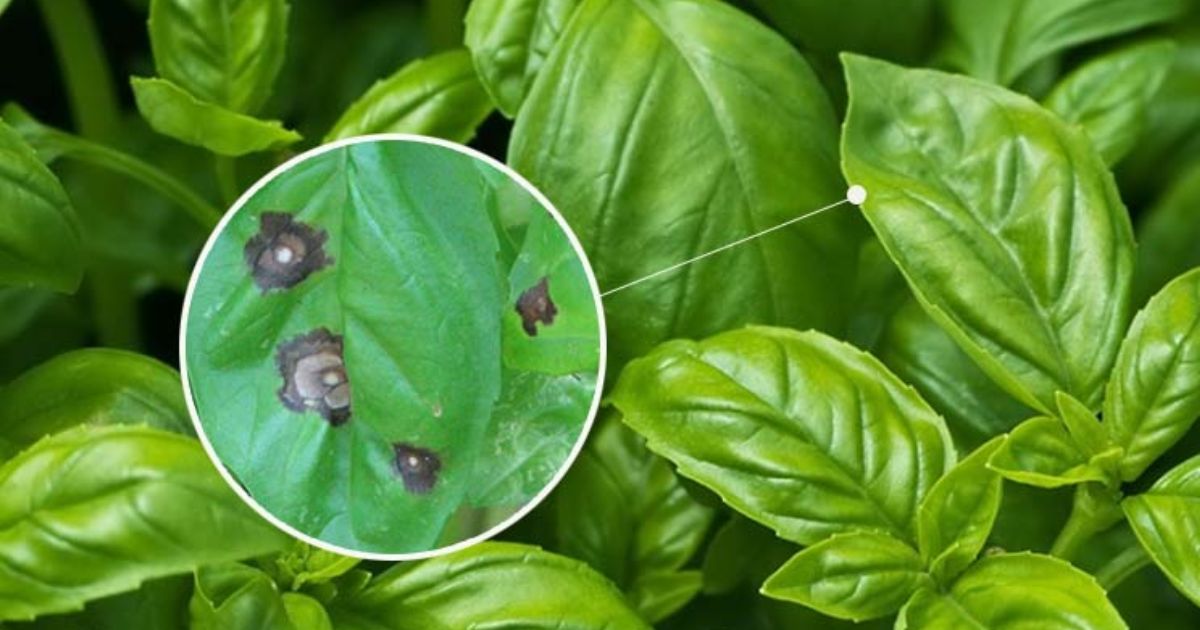Gardening enthusiasts know that healthy plants start with the proper nutrients, and one of the most effective ways to provide these nutrients is through NPK fertilizer. NPK stands for Nitrogen, Phosphorus, and Potassium—three vital components that are vital to the growth and development of plants. Regardless of your level of gardening expertise, understanding NPK fertiliser’s benefits can significantly affect your garden’s health and productivity.
This article will explore the Top 5 Reasons to Use NPK Fertilizer for Your Garden. From promoting balanced plant nutrition to enhancing npk soil fertility, NPK fertilizer offers a range of benefits that can help your garden thrive. By the end, you’ll see why incorporating NPK fertilizer into your gardening routine is a game-changer for lush, vibrant plants.
What is NPK Fertilizer?
NPK fertilizer is a type of plant fertilizer that contains three primary nutrients: Nitrogen (N), Phosphorus (P), and Potassium (K). The growth and development of plants depend on these nutrients, and they each play a specific role in the health of plants. The term “NPK” represents the chemical symbols for these nutrients, and the numbers on a fertilizer package indicate the percentage of each nutrient in the product.
Nutrient Breakdown:
- Nitrogen (N): Nitrogen is crucial for leaf growth and the development of vibrant green foliage. It is an important part of chlorophyll; the substance plants use photosynthesis to convert sunlight into energy. A sufficient supply of nitrogen results in lush green leaves, which are vital for the overall growth of the plant.
- Phosphorus (P): Strong root development and the production of flowers, fruits, and seeds depend on phosphorus. It supports energy transfer within the plant, promoting early growth and speeding up maturation. Adequate phosphorus levels lead to healthy root systems and abundant blooms.
- Potassium (K): Potassium plays a key role in overall plant health by enhancing disease resistance and improving water use efficiency. It strengthens the plant’s cells, making it more resistant to environmental stresses like pests and drought. Potassium also supports the movement of water, nutrients, and carbohydrates within the plant, contributing to its vigour.
By providing a balanced supply of these three nutrients, NPK fertilizer ensures that plants receive the essential elements at every stage of their growth cycle. This balance helps maintain soil fertility and promotes healthier, more productive plants.
Reason 1: Promotes Balanced Plant Nutrition
One primary advantage of NPK fertilizer is its ability to provide balanced plant nutrition. Each of the three nutrients in what fertilizer numbers mean—nitrogen (N), Phosphorus (P), and Potassium (K)—supports different stages of a plant’s growth cycle, ensuring that the plant receives the right nutrients at the right time.

Explanation:
- Nitrogen (N) is vital during the early stages of plant growth, as it promotes leaf and stem development. This makes it particularly important for leafy npk fertilizer ratio for vegetables and plants in their initial growth phase.
- Phosphorus (P) becomes crucial as the plant develops its root system. It also plays a significant role during flowering and fruiting stages, supporting the formation of blooms and fruit.
- Potassium (K) is essential throughout the plant’s life. It enhances overall health, improves water retention, and boosts the plant’s ability to resist diseases and environmental stresses.
By incorporating all three nutrients in a single fertilizer, NPK ensures that plants receive a balanced mix of essential nutrients tailored to their needs at each growth stage.
Benefits:
- Optimal Growth: A steady supply of nitrogen, phosphorus, and potassium allows plants to grow more robustly and achieve their full potential.
- Healthy Development: Each nutrient supports specific physiological functions, leading to healthier leaves, stronger roots, and better overall plant structure.
- Improved Yield: Balanced nutrition leads to more abundant flowering and fruiting, which is crucial for gardeners aiming for higher productivity.
NPK fertilizer helps maintain this balance, giving plants the essential nutrients to thrive throughout their growth cycle. This balanced nutrition is key to achieving lush, vibrant gardens with healthy, productive plants.
Reason 2: Enhances Soil Fertility
Regular NPK fertilisers significantly enhance soil fertility, contributing to long-term soil health and improved plant growth. The nutrients NPK fertilisers provide replenish the soil, ensuring it remains fertile and productive for successive planting cycles.
Explanation:
NPK in fertilizer supply essential nutrients directly to the soil, addressing the nutrient deficiencies that often occur after repeated planting and harvesting. Nitrogen, potassium, and phosphorous are the primary nutrients that plants extract from the soil, and without regular replenishment, the soil can become depleted. By consistently using explain n-p-k ratio for vegetables, gardeners can maintain a nutrient-rich environment that supports continuous plant growth. tomatoes splitting
- Nitrogen (N) boosts organic matter in the soil, enhancing microbial activity, which is crucial for converting organic matter into nutrients that are absorbed by plants.
- Phosphorus (P) aids in developing a robust root system, which improves the plant’s ability to absorb nutrients and water from the soil.
- Potassium (K) improves soil texture and helps reduce water loss through evaporation, contributing to better water retention.
Benefits:
- Healthier Soil Structure: The balanced addition of n-p-k fertilizer helps maintain the soil’s physical structure, preventing compaction and erosion.
- Better Water Retention: Potassium, in particular, improves the soil’s ability to retain moisture, making water more available to plants and reducing the need for frequent watering.
By enhancing soil fertility, NPK fertilizers create a sustainable growing environment where plants can thrive, leading to more productive gardens and healthier crops season after season.
Reason 3: Boosts Plant Growth and Yield
NPK fertilizer is renowned for boosting plant growth and enhancing crop yield, making it a staple for gardeners aiming for high productivity. The npk ratio for vegetables equilibrium of potassium, phosphorus, and nitrogen provides plants the essential nutrients to thrive and produce abundantly.
Explanation:
NPK fertilizers accelerate plant growth by supplying the key nutrients that support various physiological processes:
- Nitrogen (N) promotes vigorous vegetative growth, ensuring plants develop a strong, leafy structure essential for photosynthesis.
- Phosphorus (P) is critical for energy transfer and root development. It encourages plants to establish deep, extensive root systems that can support greater biomass and better nutrient uptake.
- Potassium (K) enhances the movement of water, nutrients, and carbohydrates within the plant, supporting the overall health and development of flowers and fruits.
This nutrient synergy enables plants to grow faster and healthier, leading to earlier and more abundant harvests. By ensuring that plants receive the optimal balance of these critical nutrients, NPK fertilizer helps them reach their full potential in terms of output, power, and size.
Benefits:
- Higher Yields: NPK fertilizers allow plants to produce more flowers and fruits, resulting in more excellent harvests.
- Increased Productivity: Ideal for gardeners looking to maximize the output from their gardens, whether growing npk fertilizer for plants, fruits, or ornamental plants.
Using NPK fertilizer regularly allows gardeners to achieve higher growth rates and increased yields, making it a key component for anyone striving for a lush, productive garden. catfacing on tomatoes
Reason 4: Improves Plant Resistance to Diseases and Pests
One of the often overlooked but crucial benefits of NPK fertilizer is its ability to improve plant resistance to diseases and pests, primarily due to the role of potassium in strengthening plant immunity.
Explanation:
Potassium (K) enhances a plant’s overall health and resilience. It helps in the regulation of various physiological processes that contribute to the plant’s immune system, including:
- Cell Wall Strengthening: Potassium helps thicken cell walls, making them tougher and more difficult for pests and pathogens to penetrate.
- Water Regulation: Potassium helps plants avoid stress from drought conditions, which can weaken their defences against diseases by improving water retention and efficient water use.
- Enzyme Activation: Potassium activates enzymes crucial for plant metabolism and the synthesis of proteins, which bolster the plant’s defences.
With adequate potassium levels, plants can build more substantial barriers against environmental stressors, including pests and diseases, thus reducing the likelihood of damage.
Benefits:
- Healthier Plants: Enhanced immunity leads to more robust plants better equipped to fend off diseases and withstand pest attacks.
- Reduced Need for Chemical Interventions: Stronger natural resistance can reduce gardeners’ reliance on chemical pesticides and fungicides, promoting a more sustainable and eco-friendly gardening approach.
Using NPK fertilizer with a balanced potassium content helps ensure that plants develop the resilience needed to thrive in various environmental conditions. This results in healthier, harder plants capable of withstanding common stresses.
Reason 5: Easy to Use and Widely Available
NPK fertilizer is practical, easy to use, and widely available, making it a convenient choice for gardeners of all experience levels. Its versatility and accessibility ensure that it can meet the needs of diverse gardening practices.
Explanation:
NPK fertilizers are formulated to be simple to apply, using granular, liquid, or slow-release varieties. Each formulation has its unique benefits:
- Granular Fertilizers: Easy to spread and can be sprinkled on plants or worked into the soil.
- Liquid Fertilizers: Quick plant absorption, ideal for a rapid nutrient boost.
- Slow-Release Fertilizers: Ensure a consistent flow of nutrients throughout time, reducing the frequency of application.
The availability of NPK fertilizers in various formulations allows gardeners to choose the type that best suits their plants’ needs and gardening routine.
Benefits:
- User-Friendly: The straightforward application methods make NPK fertilizers accessible for beginners, while experienced gardeners appreciate the options for fine-tuning nutrient management.
- Widely Available: NPK fertilizers are stocked in most garden centres, hardware stores, and online platforms, ensuring that gardeners can easily find and purchase the type and formulation they need.
NPK fertilizers’ ease of use and wide availability make them a practical choice for anyone looking to improve their garden’s health and productivity without the complexity of more specialized fertilizers.
How to Use NPK Fertilizer in Your Garden

Using NPK fertilizer effectively in your garden involves understanding the proper application techniques and dosage to ensure optimal plant health and growth. Proper usage can significantly enhance your plants’ productivity and overall garden vitality.
Application Tips:
- Soil Testing: Before applying NPK fertilizer, it’s advisable to determine your soil’s nutrient level. This helps you choose the proper NPK ratio to address specific deficiencies.
- Choose the Right Formulation: Depending on your plants’ needs and your gardening habits, select either granular, liquid, or slow-release NPK fertilizers.
- Apply Evenly: Evenly distribute the fertilizer across the base of plants, avoiding direct contact with stems and leaves to prevent burning.
- Water Thoroughly: After applying granular or slow-release fertilizer, water the area thoroughly to help dissolve the nutrients and let the soil absorb them.
- Follow Seasonal Guidelines: Apply fertilizer during the growing season when plants actively take up nutrients, typically in early spring and mid-summer.
Dosage Recommendations:
- Vegetables: For most vegetable gardens, use approximately 1 to 2 pounds of NPK fertilizer (10-10-10) per 100 square feet of garden space.
- Flowers: Apply about 1 tablespoon of balanced NPK fertilizer per square foot of flower beds.
- Fruit Trees: For established fruit trees, use 1 pound of NPK fertilizer (10-10-10) per inch of trunk diameter, spread evenly under the canopy.
- Lawn: During the growing season, apply about 1 pound of NPK fertilizer (10-10-10) per 1,000 square feet to lawns every 6 to 8 weeks.
Adjust the dosage based on the fertilizer’s specific NPK ratio and your plants’ particular requirements. Following these application tips and dosage recommendations ensures your garden receives the proper nutrients, promoting healthy growth and abundant yields.
Conclusion
NPK fertilizer is an invaluable tool for any gardener, offering a balanced mix of essential nutrients to support plant health and growth. The top 5 reasons to use NPK fertilizer include its ability to promote balanced plant nutrition, enhance soil fertility, boost plant growth and yield, improve resistance to diseases and pests, and its ease of use and wide availability. With all these benefits, NPK fertilizer can help you achieve a flourishing, productive garden. If you’re looking for healthier plants and better results, it’s time to try NPK fertiliser in your garden and experience the difference it can make.
FAQs
1. What does NPK stand for in fertilizers?
NPK stands for Nitrogen (N), Phosphorus (P), and Potassium (K). These three essential nutrients are vital for plant growth, each uniquely promoting healthy development and maximizing yield.
2. How often should I apply NPK fertilizer to my garden?
The frequency of application depends on the type of plants you’re growing. NPK fertilizer should be applied every 4-6 weeks during the growing season for most plants. Observe the product’s precise dose guidelines label or consult a gardening expert for tailored advice.
3. Can I use NPK fertilizer on all types of plants?
NPK fertilizers are suitable for many plants, including vegetables, fruits, flowers, and even lawns. However, the ideal NPK ratio may vary depending on the specific needs of your plants. For example, leafy vegetables may benefit from a higher nitrogen formula, while flowering plants may need more phosphorus.
4. What is the best time to apply NPK fertilizer?
The best time to apply NPK fertilizer is during the growing season, typically in early spring and mid-summer when plants actively absorb nutrients. Avoid fertilizing during dormant periods, such as winter, as plants aren’t taking up nutrients.





